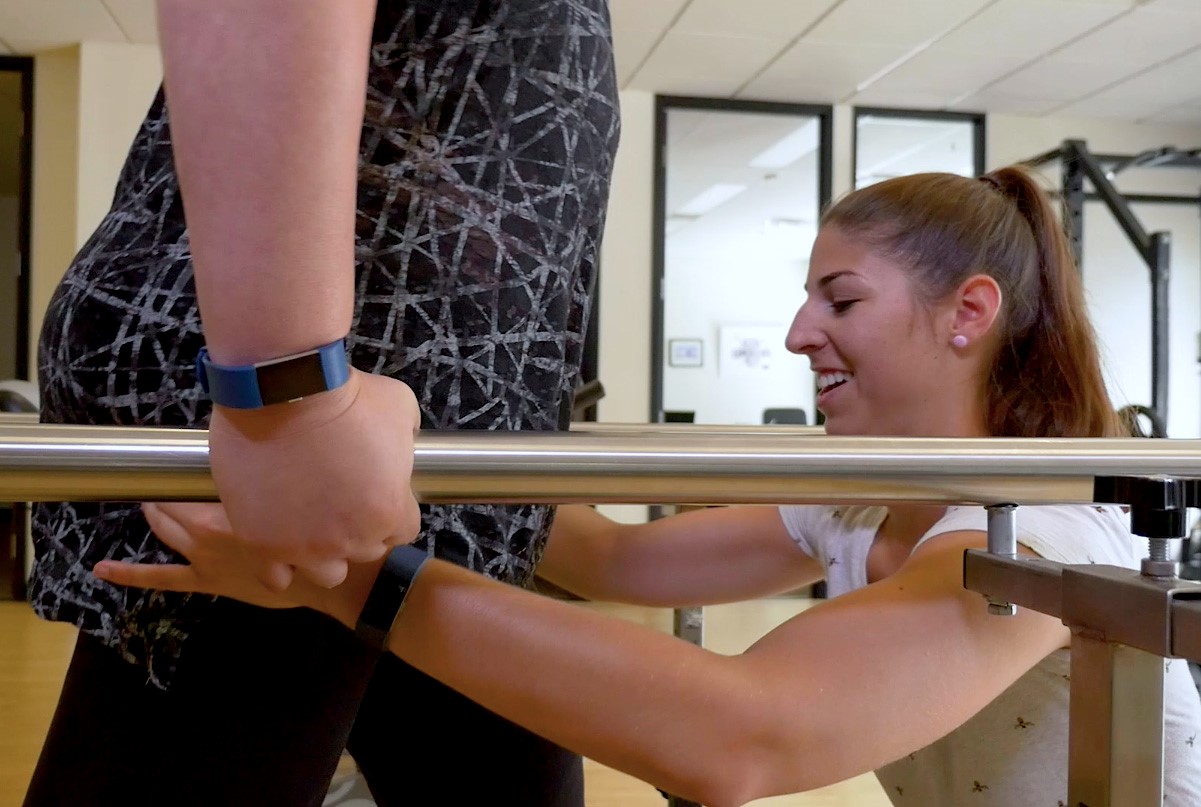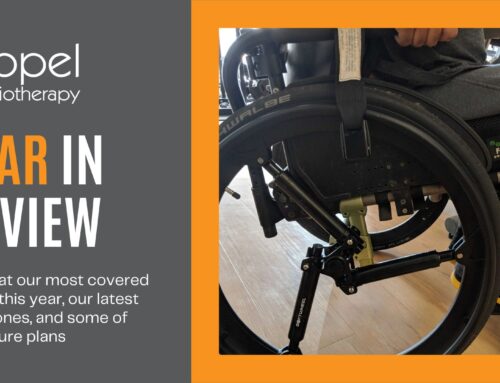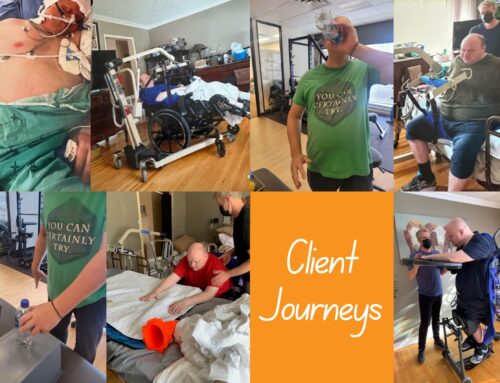Today, more than 500,000 Canadians live with dementia. The Alzheimer’s Society of Canada estimates that by the year 2031 this number will rise to over 937,000. The prevalence of this disease has made education and training for health care professionals, care providers and family key to providing quality care.
At Propel Physiotherapy, our extensive experience working with people living with a a range of brain injuries and illnesses has helped to prepare many of our therapists for addressing the challenges facing this specific population. Many of the strategies we use are pertinent to both groups.
Strategies for Managing Symptoms
We know that communication, managing behavioural symptoms and social relationships are important parts of caring for persons with dementia. In order to promote a patient centred approach, care providers must be aware of the communication challenges that can affect people with dementia. We consider these techniques in our communication:
- Speak slowly and calmly being aware of the tone of your voice
- Allow the person enough time to respond after asking a question
- Create a supportive environment limiting distractions and noise
Many persons living with dementia will experience a host of behavioural symptoms depending on the disease progression. These can range from irritability and anger, to outbursts and paranoia. These symptoms are hard on clients and their caregivers and management becomes essential. It is important to note that these behaviors often have an underlying cause, including:
Medical
- medication changes & side effects
- illness like urinary tract infection
- pain
Environmental
- changes to care provider
- hospitalization
- presence of house guests
Emotional Concerns
- depression
- boredom
Meaningful social relationships and activities are important for everyone. Incorporating meaningful activities in the daily routine of those with dementia can help reduce behavioural symptoms and improve quality of life.
When our therapists are working with someone with dementia, it is important to talk to them and their families to get a life story and a sense of a person’s past experiences and interests. We can then design activities that match a person’s interests and abilities and that family and caregivers can do with and not for the person. By providing ongoing reassessments, we can also change activities as interests and abilities for persons with dementia change.

Related story: My Traumatic Brain Injury Road to Recovery
Alzheimer Awareness Month
January is Alzheimer Awareness Month in Canada and we want to do our part to help raise awareness of the disease and other dementias.
Did you know that women represent 72% of all Canadians living with Alzheimer’s disease? That’s because women live longer than men so there are more of them with this form of dementia, and age continues to be a significant risk factor.¹
Do you know the warning signs of Alzheimer’s disease and other dementias?
Most people think that memory loss is the only one. Find out about the nine other signs which are often misunderstood or ignored. The Alzheimer’s Society of Canada says that recognizing the signs as soon as possible is critical for getting the treatment and support you need to live well with the disease and start planning for the future.
You can also check out the links below for more information and resources:
Written by



















